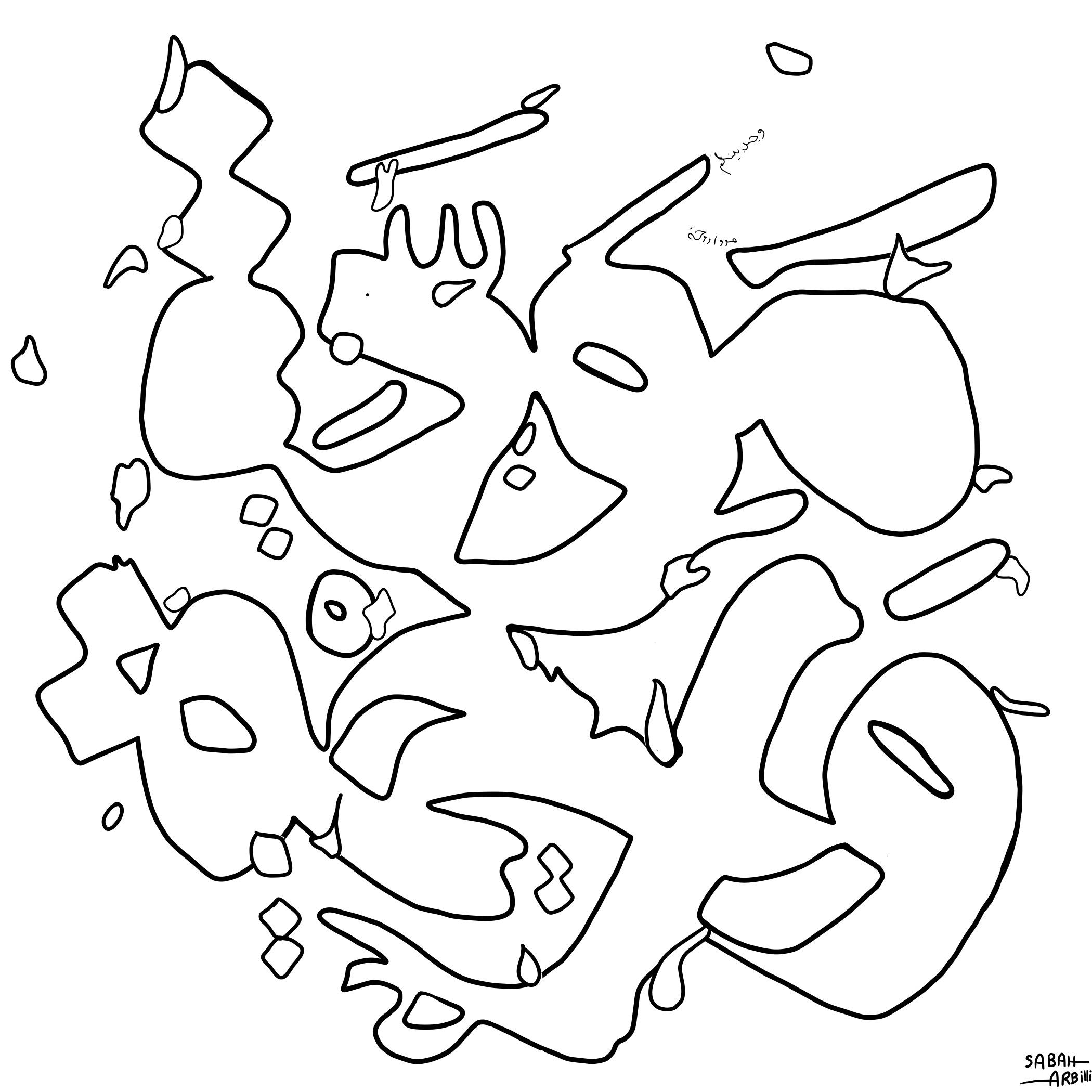Poetry in Motion: A Conversation with America SCORES Ali Malik is the Senior Officer for Programs and Communications at the Qatar America Institute for Culture where he manages the organizations digital assets and marketing components. He is a Washington, DC native having attended elementary, middle, and high school within the city. He is also a proud alumni of Marie H. Reed elementary school and a former poet-athlete with DC SCORES.
The Qatar-America Institute for Culture (QAIC) prides itself on collaborating with and recognizing the work of individuals and organizations that work within the Arts and profoundly impact the community in which they operate. In this first issue of A2Q, we wanted to recognize one such organization that works at the intersection of Sports and the Arts - America SCORES and their branch in Washington, DC-DC SCORES. I had the pleasure of sitting down with DC SCORES’ Chief of Staff, Katrina Owens, DC SCORES’ Chief Development Officer Anthony (Tony) Francavilla, and a blast from my past my 5th grade teacher and former DC SCORES coach, Eric Bethel, to discuss my personal experience as a DC SCORES alum and to hear their experiences and perspectives on a program that blends the joys of soccer and poetry in one. DC SCORES was started in DC in 1994 by schoolteacher Julie Kennedy in time for the 1994 FIFA World Cup in the United States. Ms. Kennedy, at the time a teacher at my former elementary school Marie Reed, oversaw the expansion of the program that led to the creation of the national brand, America SCORES. The program wanted to accept students after school and exercise both their bodies and mind by blending two distinct 40 A2Q
Poet-athlete from Reed at the 2019 Westside Poetry Slam. Washington, DC. Photo courtesy of DC SCORES.
activities – soccer and poetry. Yet, the program was much more than just an afterschool activity to keep kids occupied as they waited for their parents to pick them up. It was crucial to my personal development because it provided both a creative and physical outlet as I became accustomed to living in the United States as a first-generation immigrant.It allowed me to express my frustrations, served as a forum for me to socialize with my peers, and most importantly, served as the backdrop of numerous foundational memories.

















